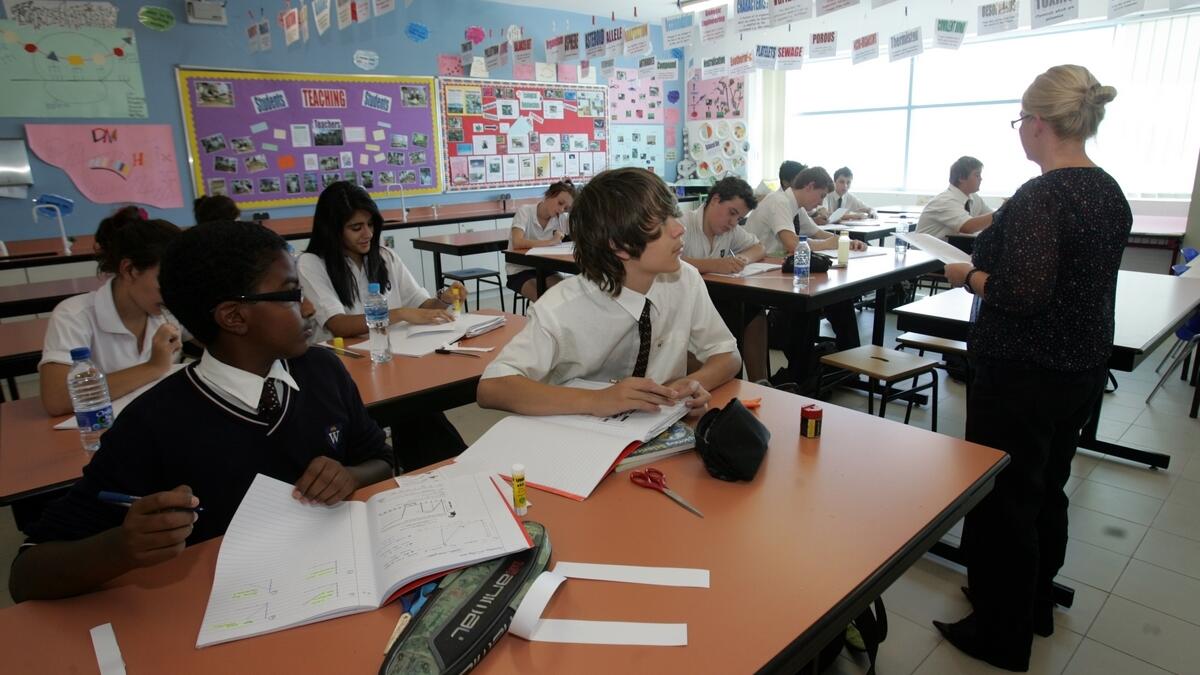As students in the UAE return to school after a long summer break, there has been a noticeable increase in complaints of headaches and stomach issues among students. School leaders and doctors attribute these issues to the transition from the relaxed summer routine to the structured school schedules. With classes resuming on August 26, educators have observed cases of stomach aches and headaches in school clinics, which they believe are linked to the early morning starts and exposure to new environments during summer travels. Schools have implemented a strict ‘stay home if unwell’ policy to maintain a healthy and safe environment for students.
Dr. Mirrah Agha Kandil, a Group Senior Doctor at GEMS Education, highlighted the importance of keeping students and staff symptom-free for at least 24 hours without the aid of medication before returning to school. Infection control measures such as trained nurses, isolation rooms, and rigorous cleaning protocols are in place to prevent the spread of illnesses within school communities. The approach to preventive measures also includes promoting healthy habits, encouraging immunizations, and organizing awareness sessions as the flu season approaches.
Principals at Indian curriculum schools have emphasized that as students adjust to being back in classrooms, they are more exposed to common illnesses, and changes in routine can impact their well-being. Rashmi Nandkeolyar, the Principal and Director of DPS Dubai, has noted that some students have experienced mild illnesses after returning from the summer break, potentially due to exposure to varying climates or environments during travel. Maintaining a stable routine and monitoring the health of students are top priorities for schools during this period.
Doctors have reiterated that respiratory infections, gastrointestinal issues, and allergies are common during the back-to-school period. They have also observed sleep difficulties and increased anxiety in some children, which may be linked to the transition back into the school environment. To minimize the impact on children’s health, medics recommend prioritizing sufficient sleep, a balanced diet, regular physical activity, and reinforcing essential hygiene habits.
Healthcare professionals stress the importance of children eating freshly prepared food to minimize the risk of gastrointestinal issues, which tend to increase after returning from travel. Dr. Mohammed Asif, a Specialist Pediatrician at Zulekha Hospital Sharjah, has advised parents to avoid giving their children outside foods and emphasize good sanitary practices, including regular hand washing, to prevent issues such as fever, vomiting, abdominal pain, and diarrhea. Creating a calm, supportive home environment and being attentive to signs of stress or anxiety in children are crucial for preparing them for a healthy and successful school year.


























